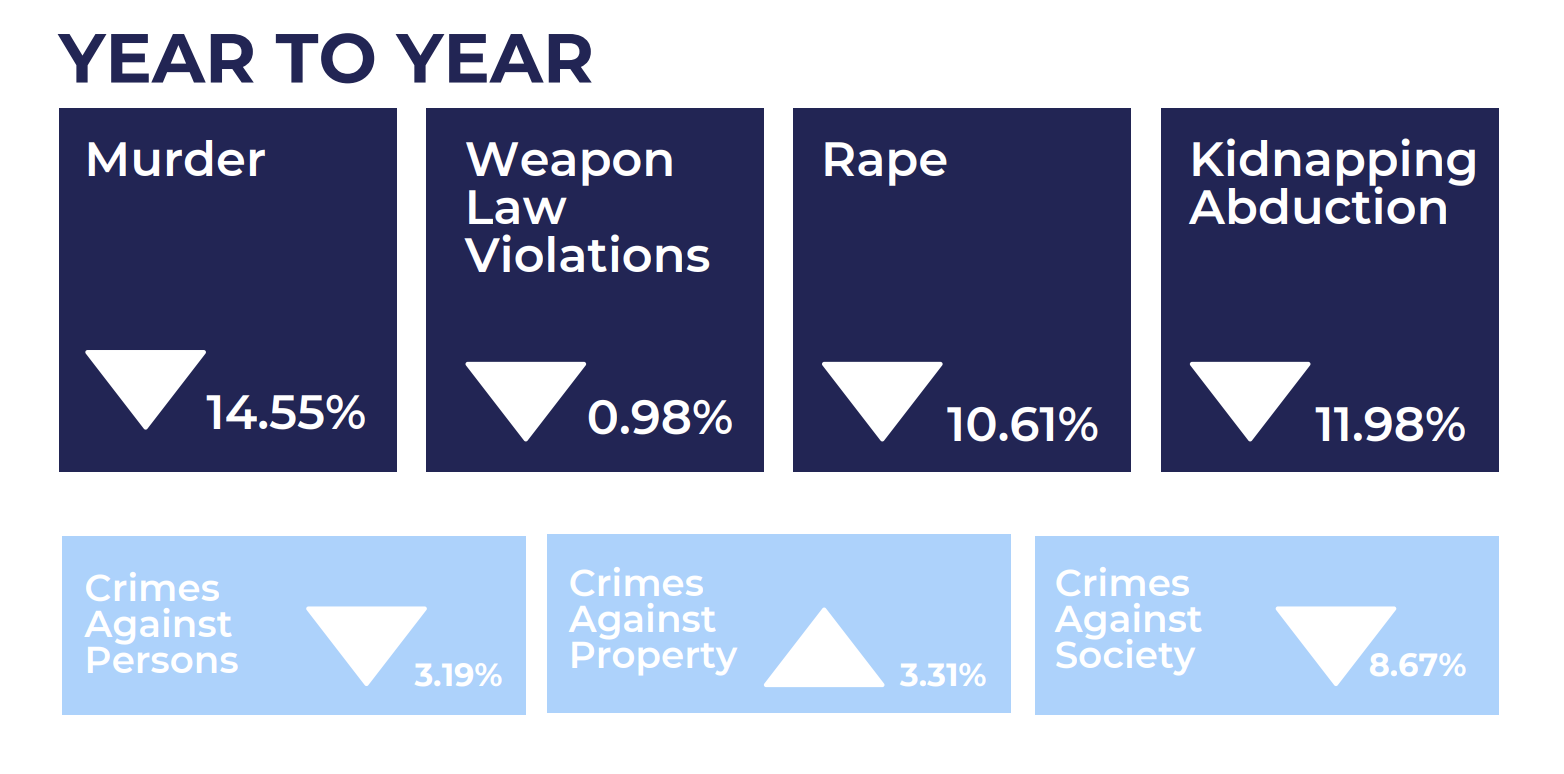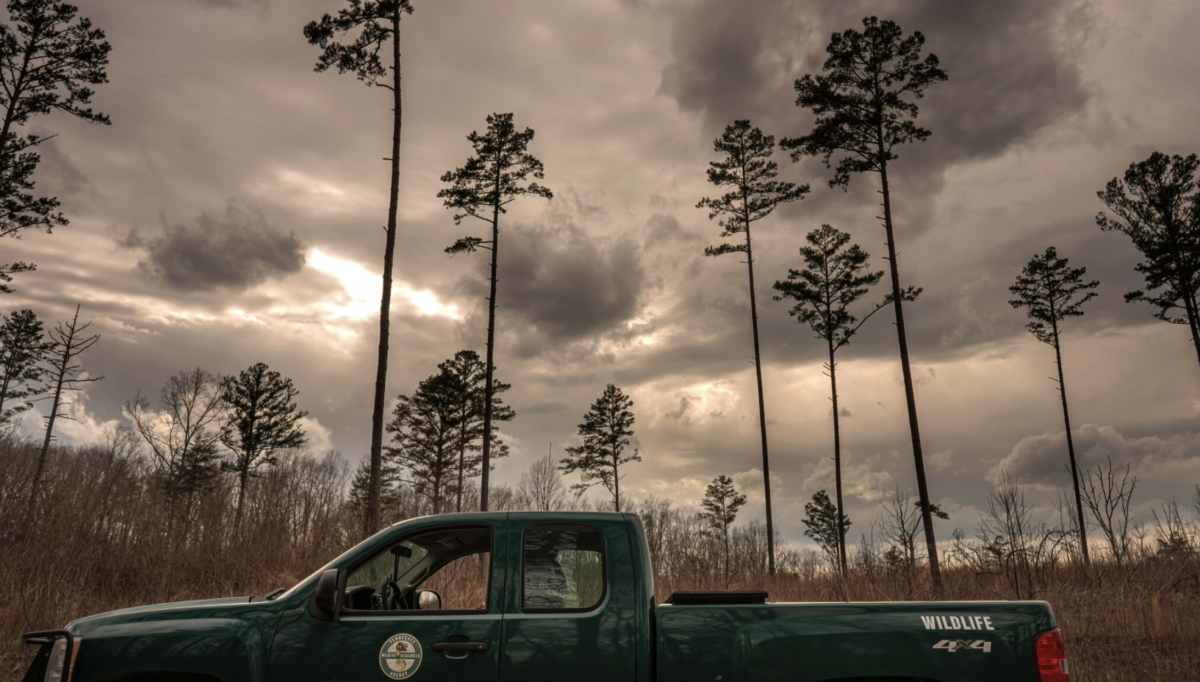Jasmine Bryant was caught by surprise at the grocery store in September, when a state-issued debit card to buy food for her three kids was rejected at the checkout counter.
Her SNAP benefits — formerly referred to as food stamps — had been cut off without notice, despite no change in the circumstances that allow her family of four to access the nutritional help.
Bryant made multiple calls to the Tennessee Department of Human Services helpline, where hold times stretch to four hours and hang-ups are a frequent occurrence. An online application system was often down. And at a nearby local Knoxville benefits office, where many of the electronic kiosks were out of order and in-person windows were closed, there were hours-long waits, rude staff and security guards, and few answers.
It would be another three months before the Bryant family was restored to the program that allows the single mom to buy fresh fruits, vegetables and protein for her active, sports-playing kids — ages 13, 11 and 8.
“I did everything I could to make sure the kids didn’t know what was going on,” said Bryant, 35. “But they noticed. They’re used to me cooking home-cooked meals and fresh food that you can’t really get from food banks. It made me feel like a failure.” Jasmine Bryant, 35, lost access to state food benefits for three months due to backlogs at the Tennessee Department of Human Services.
The family’s benefits, Bryant would learn, had been cut off in error.
As the holiday season approaches, thousands of Tennessee families who qualify for food assistance have been cut off from food benefits they rely on; families recently out of a job or falling on hard times haven’t been able to successfully access first-time aid.
State officials blame the rollout of a new computer system in June and an ongoing staffing shortage.
“This year, the Tennessee Department of Human Services experienced its largest technology transition since 1992,” Danielle Cotton, department spokesperson, said. “As we transition from the old system to the new one, there has been a temporary increase in our processing times that we are actively working to mitigate.”
Advocates for Tennessee children and families question why the computer rollout was so poorly launched and note frustrations for families are compounded by widespread reports of mistreatment by state employees.
“It’s really hard. The reason why people are turning to SNAP is because they’re having a hard time feeding themselves or their families. It’s a lifeline,” said Signe Anderson, senior director of nutrition advocacy for the Tennessee Justice Center.
Anderson said last week that the problems identified months ago haven’t gotten any better for families, who have turned to community organizations like hers for assistance. Applicants have reported chaos inside DHS offices, she said: Senior citizens have waited in lines of 150 or more that stretch outside offices into the cold; security guards, at times, have called police about applicants who expressed frustrations; state employees have refused to use translations services for non-English speaking individuals.
“DHS calls individuals applying for SNAP their ‘customers,’ but we’ve seen none of the respect and dignity in treating people here,” Anderson said.
Cotton said the agency is also working to recruit and retain staff, offering accelerated training to new hires who work on the SNAP program. Cotton did not immediately respond to a request last week for vacancy numbers in its SNAP program.
Six months after the the agency installed the new computer system, thousands of low-income Tennesseans remain in limbo. As of November 30, there were 48,690 SNAP applications pending, according to DHS.
Approximately 40 percent of the applications have been stuck in the system for more than a month, despite a federal rules that require states to process applications within 30 days. Cotton noted that not all pending applications are from people who will ultimately qualify for SNAP: one in five applications are denied, she said.
The backlog in processing applications spiked in June, when the state replaced and modernized computer systems. By July, more than 73,000 individuals — mostly children — lost access to food benefits in a single month, a notable drop in a program that sees routine fluctuations in the numbers of individuals receiving benefits.
The department also changed its once-yearly benefits review of people currently receiving SNAP to once every six months, adding further stressors to the system, Anderson said.
In many cases, families that applied for the benefit without getting an answer simply reapplied, adding to the volume of cases for agency review. Between June and November, more than 40 percent of applications were duplicates, according to DHS.
For those like Bryant, who already have SNAP that are now subject to a new six-month review, upwards of 500 people have been waiting more than a month to get their benefits reviewed, agency data shows.
“If it hadn’t been for two food banks and people in my community looking out for me, I don’t know what I would have done,” said Bryant.
Bryant is also enrolled in the Temporary Assistance for Needy Families program, taking required workforce training classes — a chance at a future career that would be lost should she take a job now.
“I’m doing everything I can to try and make a better way,” she said. “DHS has always been bad, but never this bad. I know the staff has to feel overwhelmed, but I don’t understand why they had to make this so hard.”
Tennessee Lookout is part of States Newsroom, a network of news bureaus supported by grants and a coalition of donors as a 501c(3) public charity. Tennessee Lookout maintains editorial independence. Contact Editor Holly McCall for questions: info@tennesseelookout.com. Follow Tennessee Lookout on Facebook and Twitter.










